A router DCU is an electronic device that delivers a combination of hardware and software functions to support smart metering and automation. Usually, smart metering provides real-time data that allows utilities or Distribution System Operators (DSOs) and consumers to understand their water or electricity usage and other important data such as quality and outages. However, to do this requires a combination of several technologies.
Most utilities deploy router DCUs to bridge the communication between a group of meters on one end and the utility server on the other side. The data concentrators are also applicable within substations where they enable utilities to collect data from many sources and avail it in one central place.
In practice, the DCU connects to multiple meters or sensors on one end while linking the aggregated output to a single processing server.
Besides information collection, they double as routers where they transmit the data through inbuilt cellular wireless modules. However, some devices such as M2M router DCUs have an Ethernet connection and support for an optional Wi-Fi add-on module. For locations without cellular networks, the utilities may consider the other connectivity solutions and, in some cases, rely on a combination of technologies.

Smart metering involves integrating different technologies to collect, store and transmit data to a central server for processing. A bi-directional communication network allows transmitting data from the meters to the server, which then, after processing, sends back the billing data and control commands to manage the utility.
All these require stable technology components and integration to ensure reliability hence improve operations and efficiency. With so many vendors and device models, utilities often encounter incompatibility and reliability issues, which may drive up the costs.
As smart metering and automation technologies continue to evolve, some manufacturers are building multifunction devices that reduce integration issues. One of these is the Data Concentrator Unit (DCU). A router DCU combines the two functions, of data collection and transmission, into one device. As such, it is helping utilities to overcome some of the challenges on the metering side.
In the AMI architecture, the DCU usually sits at the data perception layer. Depending on the configuration or requirements, the DCU can work as a data collection device to gather the information from the smart meters. It can also work as an IoT gateway to enable connectivity between the smart meters and the management system.
In practice, the DCU continuously polls the metering devices located in the same substation. It then stores the data it collects from the meters while periodically sending it to a management platform. Additional management functions include identifying the addition and removal of the plug and play meters, synchronizing the meter, supervision and control, and more.
In most cases, the DCUs can store various data for a certain length of time. For example, in the absence of a communication network, the device will continue collecting and storing data in its inbuilt memory. Typical meters can store the data for up to 60 days.
As a gateway between a meter and a central data collection system (CDCS), it does the following;
Usually, the router DCUs come with compatible interfaces that allow utilities to connect them to a wide range of smart meters and communication infrastructures. Some of the functions they support include;
A typical router DCU works as a data integrator and IoT gateway – supporting data collection from multiple meters and consequent transmission to central servers.
In an automated metering architecture, there are two major sections. On the meter side, the DCU collects the information from the metering devices. The other side of the DCU acts as the router or gateway that transmits the meter data to the utility’s server.
To explain this better, we will use a typical M2M Router DCU.
The M2M router DCU is a high-performance cellular router with a data concentrator that can read data from a cluster of smart meters. It has inbuilt ports such as the Ethernet, RS485, and M-Bus on the metering side. However, you can add expansion modules to provide other custom ports, such as the wireless M-Bus. Usually, the availability of several interfacing options increases the number of different meters that the DCU can connect to and support.
On the other side, the DCU acts as a gateway that uses standard cellular technologies such as 2G/3G/4G/5G or 4GLTE. In some cases, users may add an optional Wi-Fi module in locations where cellular is unavailable.
During operations, the DCU reads data from multiple meters at set intervals. It then stores the data in its inbuilt storage and may also copy the information to an optional SD-card. Once a server requests the data, the DCU compresses it and then transmits it securely to the processing platform.
All the M2M Router DCUs are compatible with a wide range of electricity and water meters. The devices support all the major network and management protocols hence ensuring interoperability with different systems and devices. Additionally, M2Mserver routers provide high data security and compliance with a wide range of regulations. Besides utilities, the router DCUs are suitable for industrial automation, sub-metering, and other applications. The ability to connect up to 10 meters to one DCU makes sub-metering more cost-effective and attractive.
Automated meter reading (AMR) and Advanced Metering Infrastructure (AMI) are technologies that empower the smart grid. The AMI architecture, in particular, enables bidirectional communications that support comprehensive utility management systems.
On the other hand, AMR enables utilities to read the metering data and status information automatically. Additionally, the utilities can monitor their systems and receive alerts when a predetermined condition such as a failure occurs.
In a typical system, the smart meter collects the consumption data and stores it in its internal memory. A DCU connected to the meter via an M-Bus wire, or other technology, then retrieves this information at preset intervals or on-demand. It then transmits the data to a processing server through a 2, 3, or 4G wireless cellular network, broadband, or a combination of available communication technologies.
A typical AMR requires a smart meter, a DCU, and a piece of communication equipment such as a router or modem. However, the router DCU reduces the number of devices by combining the data collector and router functions.
In most cases, manufacturers build data concentrators that utilities can customize to meet their unique requirements based on available networks and other conditions. For this reason, the DCUs support multiple protocols, interfaces, and networks. The supported interfaces include RS 485, RS 232, M-Bus, Ethernet port, GSM, etc.
On the router side that communicates with the server, the DCU may use wireless cellular technologies such as GSM/ GPRS, Ethernet, WI-FI, etc. However, it may require combining different technologies depending on the environment.
The router DCUs collect, aggregate, and transmit data from tens of connected smart meters. Additionally, they translate the communication protocols between various metering devices, sensors, and utility management platforms.
Generally, the units enable the utilities to control and manage devices and operations in their complex network and sensor environments.
Router DCUs for low-density locations
The design for router DCUs for dispersed locations with a low or medium density of consumers may differ from the standard models that target more populated areas. One of the most commonly used types is the pole-mounted DCU. Unlike the DCUs for densely populated areas, these units integrate all the functions that a Distribution Network Operator (DNO) offers when managing the smart meters. A typical DCU for such applications will have a polyphase meter that monitors the low voltage side of the distribution’s transformer. It then provides the DNO with all the relevant data that helps to improve the LV operations and maintenance.
These may have additional features specific to the operating conditions and may include smart metering management functions, PLC communications controller, network monitoring, low voltage supervisor, etc. Other than the operational features, they should have the ability to withstand the conditions in the target environment.
Feature of a typical pole-mounted Router DCU include
Router DCUs help in improving industrial automation and smart metering, thus delivering higher levels of efficiency.
One benefit of smart metering is providing the utility and consumers the ability to access daily or real-time consumption. Consequently, the utility can understand the consumption patterns and demand, hence adjust production to meet demand. It also provides consumers with real-time consumption data – hence help them adjust usage to reduce wastage and utility bills.
With the right technology, the router DTUs allows you to monitor activities and receive relevant updates about the load and other critical events. Today, the cost-effective DCU technologies are increasingly getting more adaptable to integrate with a range of input interfaces. That said, improving operational management, including remote configuration, control, configuration, updates, and other functions makes the DTU an attractive option.
Generally, the router DCUs enables the utilities and consumers to realize the full benefits of smart metering, such as
The most reliable devices combine various capabilities and have add-on options to increase flexibility and compatibility. Usually, these may provide multiple functions such as wireless connectivity, routing, and AMI functions while ensuring the security of the data in transit and storage.
M2M Router DCUs are some of the most intelligent automation devices that enable utilities to collect data from the meter and transmit it to a processing server. They employ various but compatible communications technologies to accommodate the different devices at the metering point.
The M2M Pro4 DCU is a reliable router and DCU that offers multiple functionalities while supporting a broad range of interfaces and network protocols. It allows utilities and industrial clients to read smart meters and other connected devices.
Typically, the M2M Pro4 DCU has an RS-485 serial communication port that can host up to 32 devices and an M-Bus that supports up to 30 devices. The easy-to-configure, cost-effective solution provides secure data transmission while supporting the standard network, safety, and management protocols. Also included are the wireless GSM/ GPRS/ 3G/4G/4G LTE cellular technologies to transmit the data from the water, gas, or electricity meter to a remote server.
Additionally, it has a micro-SD card for expanding storage and a micro USB configuration port. However, it also supports remote configuration and firmware updates.
The router DCU comes with two digital inputs and four Ethernet ports. During operations, the device will periodically read data from the meters. It has a 250MB inbuilt memory and an option to expand using the existing micro SD slot. Once it collects the data, it stores it in the memory and may perform some processing.
The customizable device supports a wide range of options to suit different environments. For example, utilities can purchase a device with a dual SIM option accompanied by different cellular modules depending on the available networks in the area. Other options include
The M2M Router RS485 cellular router is a compact and cost-effective connectivity solution that provides reliable cellular connectivity in various environments, including industrial and others with harsh conditions. Generally, utilities can use this IoT industrial router to support different communication technologies and applications necessary for smart metering, AMR, and AMI systems.
Some of the main features include the ability to support different port expansion options and cellular modules. As such, it prevents vendor lock-in and enables utilities to use a wide variety of technologies that work best in their target areas.
The rugged, high-quality devices are suitable for AMI and digital automation applications hence able to provide communication for smart metering and a wide range of industrial applications.
It also provides security by first encrypting the data, after which it sends over high speed and secure cellular networks.
To work with a broad set of smart metering and industrial application applications, the routers support all the standard interfaces and network protocols. It also comes with all the relevant management features hence offering greater flexibility and compatibility.
Additionally, the M2M Router RS485 has a modular design that allows integrators to add extension cards hence expand the functionalities. Other than this, users can customize the router by adding the relevant modules, protocols, interfaces, and other add-ons that address unique application requirements.
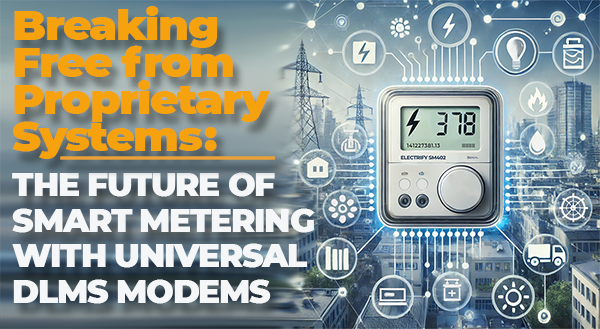
In the modern utility landscape, efficient data collection and management are key to maintaining operational effectiveness. Most utilities rely on […]
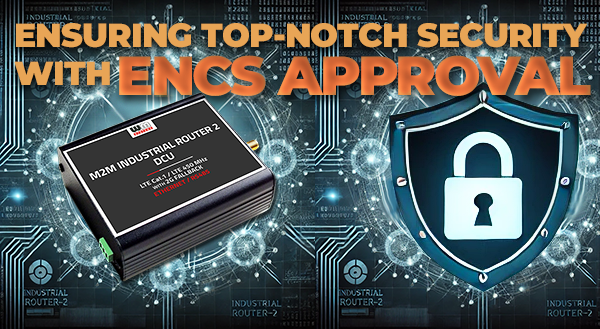
A Testament to Compliance with Key Cybersecurity Standards
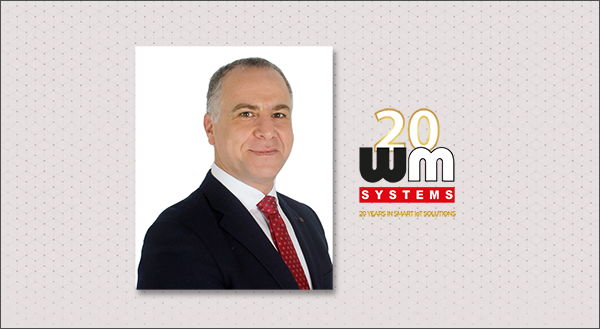
We are thrilled to announce that Ali Mouslmani has joined WM Systems as our new partner in the United Arab […]
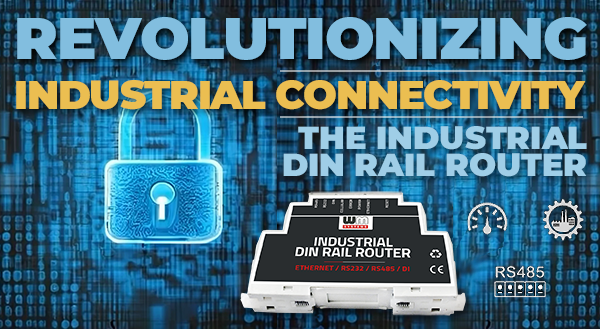
Introduction In the rapidly evolving world of industrial automation and IoT, the demand for compact, versatile, and efficient communication solutions […]
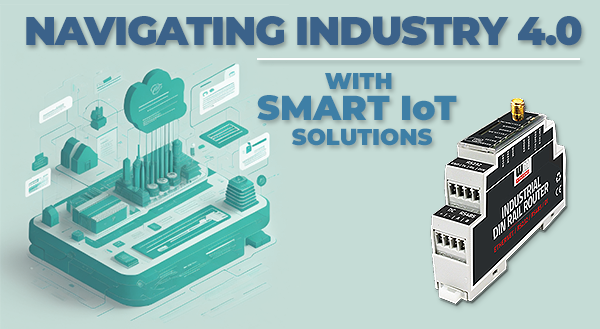
Introduction The fourth industrial revolution, or Industry 4.0, is redefining the landscape of industrial operations. Key to this transformation is […]

The group of WM Systems LLc.
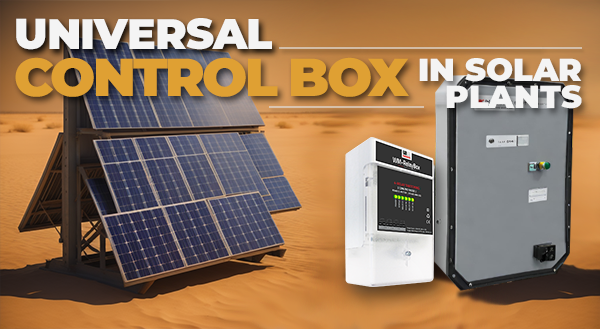
Solar plants and farms are complex systems with a variety of equipment that needs to be monitored and controlled. This […]
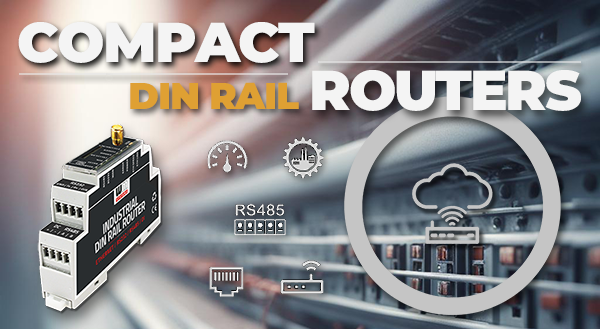
Industrial settings are replete with equipment that demands efficient connectivity solutions. With the rise of the Internet of Things (IoT) […]
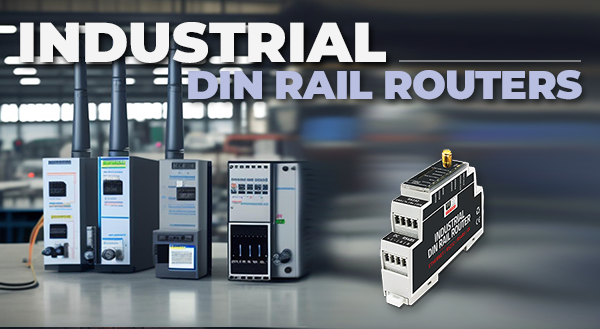
DIN-rail mountable industrial routers are an essential component of many industrial applications. They provide a reliable and secure way to […]
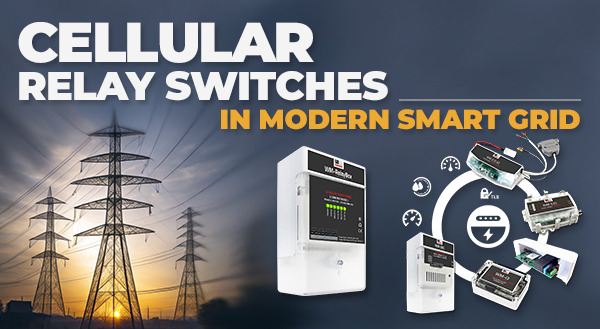
Make the modern smart grid more secure, resilient, and sustainable
